Lost in the Universe of Aristotle & Dante: Why I Didn’t Enjoy the Beloved Book
April 28, 2023
Aristotle and Dante Discover the Secrets of the Universe by Benjamin Alire Sáenz came wrapped inside a beautiful cover, adorned with various awards and complete with a blurb that promised to deliver a meaningful, coming-of-age story about friendship. Instead of the emotional and touching read that I was expecting, however, the novel delivered a confusing, irritating, and seemingly random jumble of thoughts. The book’s weak writing, lack of plot, characterization, or emotion, and desperate attempt (and failure) to be insightful render it a huge literary disappointment.
The novel follows Aristotle (Ari), an angry teenager who has never learned to express his emotions properly, and Dante, a know-it-all who decides to befriend Ari at the pool one day. At least, that is how Sáenz attempts to characterize Ari and Dante. However, Ari comes across as an annoying, self-centered preteen, while Dante has no personality traits other than loving his parents, crying a lot, and liking art. But, even these frustrating and obnoxious characteristics aren’t shown to the reader through world-building or the characters’ interactions with one another. Instead, the readers are hit over the head with these traits through repetitive dialogue where Dante declares over and over again that he’s “crazy about his parents” and Ari’s inane inner thoughts, where he complains about how much he hates everyone around him.
The worst part is that both characters have so much potential. Ari is closed-off and has never been taught how to express his feelings or communicate properly. His father is a Vietnam War veteran with PTSD, his sisters are significantly older than him, and his family never discusses his older brother, who is in prison. But, instead of showing Ari’s trauma to the audience so that they can sympathize with him, Sáenz simply writes scene after scene in which Ari behaves like an incredibly dislikable, stubborn, and pretentious preteen. Meanwhile, at the beginning of the book, Sáenz crafts Dante into an intriguing character – he is open, caring, and hates shoes. But, by the end of the book, Dante transforms into a boundary-pushing, obnoxious friend who is obsessed with smoking joints and writing long letters to Ari that often make him uncomfortable. Although the author attempts to develop an “opposites-attract” type friendship between the two, they end up becoming so different that it is hard to believe that the two are even compatible.
As if the lack of characterization wasn’t enough, the book also has next to no plot. It is marketed as a coming-of-age story, but, by the end of the story, the characters don’t seem any older or different. The passage of time is incredibly unclear throughout the novel, and it almost seems as if the entire novel occurred in the span of a week. There are only two interesting scenes throughout the entirety of the novel, one placed at the beginning and one at the end. During the rest of the story, Ari and Dante simply go through their monotonous and boring lives, which the author evidently believes that the readers will find interesting. He is wrong. If someone asked me what the book was about, I would genuinely have no idea how to respond, simply because so little happened throughout.
I also disliked the writing style of the novel. Sáenz utilizes simple sentences and dialogue-driven passages, which makes the writing incredibly choppy and repetitive. Additionally, the author spends most of the book trying to make insightful connections that simply aren’t insightful. Ari repeatedly discusses his long, deep thoughts about the nature of the universe, most of which are insipid and boring. For example, Ari thinks to himself, “If I switched the letter, my name was Air. I thought it might be a great thing to be the air.” Obviously, this thought illustrates Ari’s dissociation from reality, fear of being seen for who he truly is, and poor communication skills…not. These thoughts have about as much substance as the air being discussed.
This next section contains significant spoilers!
Finally, the relationships between the main characters are underdeveloped and unrealistic. For one, while Ari and Dante start out as friends and only grow into lovers towards the end of the book, it is incredibly obvious from the very beginning of the book that the two are more than just friends. Thus, any suspense that the author tries to build up as Ari and Dante struggle with and eventually accept their sexual orientations and identities falls flat. Furthermore, while Sáenz attempts to illustrate Ari’s jealousy over Dante’s romantic encounters, Ari is naturally so closed-off and stubborn Dante that his jealousy does not significantly change his behavior. Moreover, Sáenz includes an incredibly uncomfortable scene during which Dante asks Ari to practice kissing on him, and though Ari repeatedly says no, he eventually and reluctantly agrees. The ensuing scene is not only incredibly awkward but a clear overstep of Ari’s boundaries, which should not be romanticized in the way that it is.
But, the worst part is that towards the end of the book, Ari’s parents sit him down and tell him that he is gay. The readers do not get to watch Ari discover and come to terms with his identity on his own. They do not get to watch him slowly fall for Dante. They simply get to watch a family meeting during which Ari’s parents explain to him that the reason he saved Dante’s life (which occurs early on in the novel) and why he defended Dante is because he is in love with Dante. Ari’s parents’ actions are not only strange and unrealistic, but they are also incredibly overbearing and prevent him from maturing and coming to terms with his emotions on his own. This presents an incredibly anticlimactic and emotionally underdeveloped ending to the love story that was supposedly to be the focus of the entire novel.
With its incredible reviews across various platforms and accumulation of awards and praise that this novel has earned, I expected to enjoy it immensely. However, it fell short of my expectations, and this read left me disappointed. While certain elements of the story are cute and illustrate the pains of growing up, others are emotionally underdeveloped and confusing. The novel does a good job of demonstrating the hardships that gay individuals have faced throughout history, and the confusion that comes with confronting and coming to terms with one’s sexual identity. However, in all other aspects, whether it be characterization, plot development, or writing style, the novel was severely lacking. The novel needed much more substance and emotion and to develop a stronger connection between the readers and the characters in order to properly engage the audience in the story.







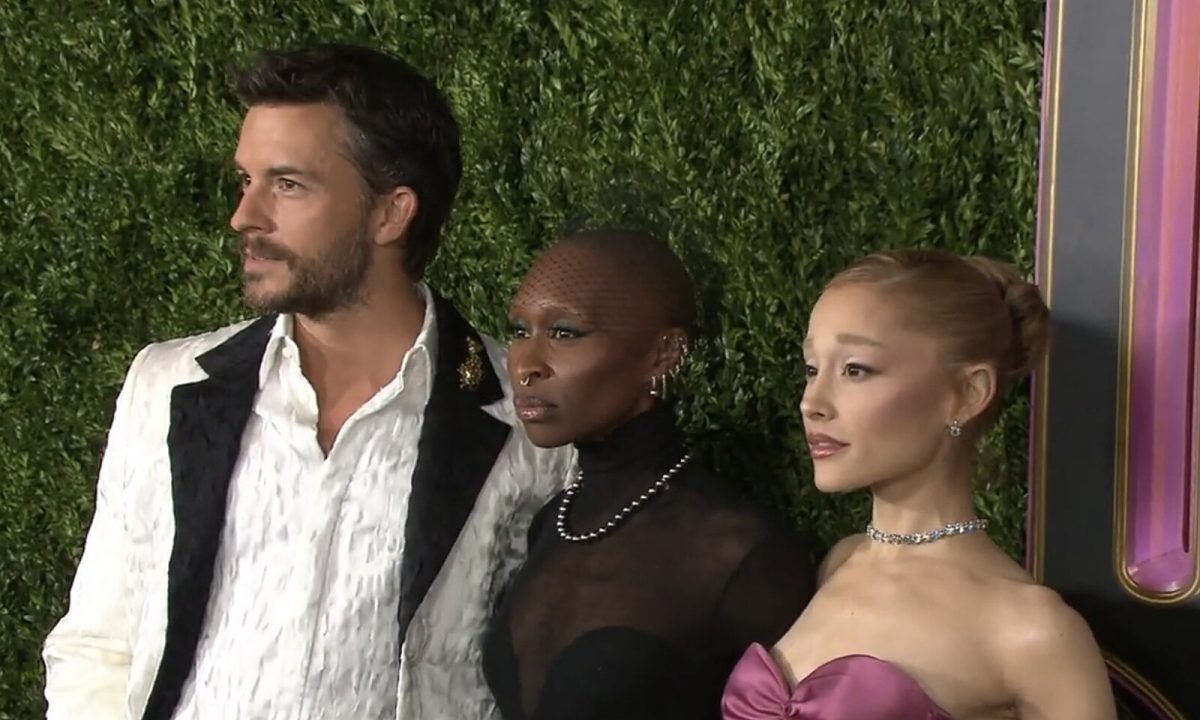



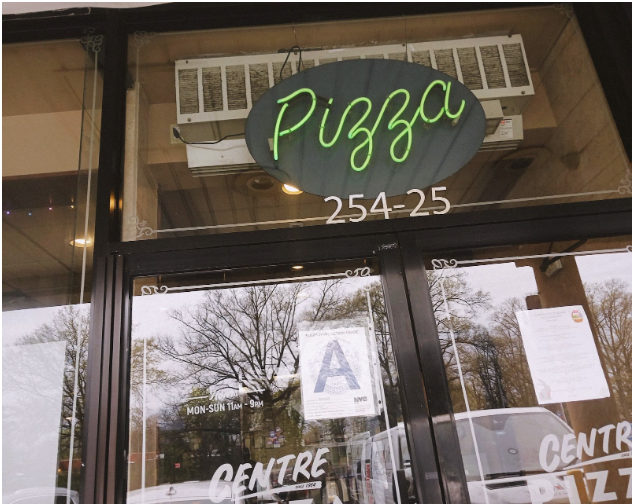








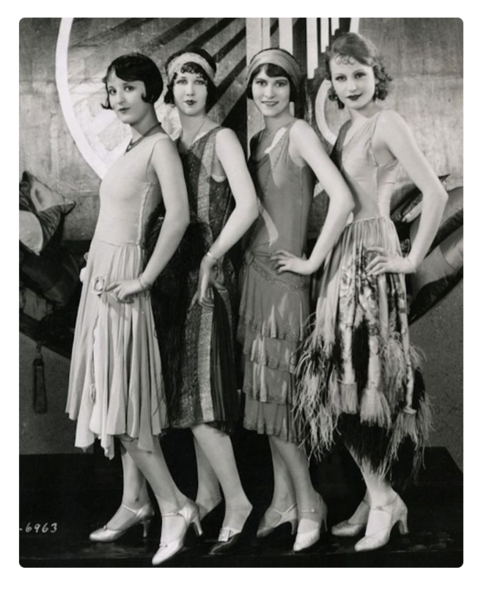



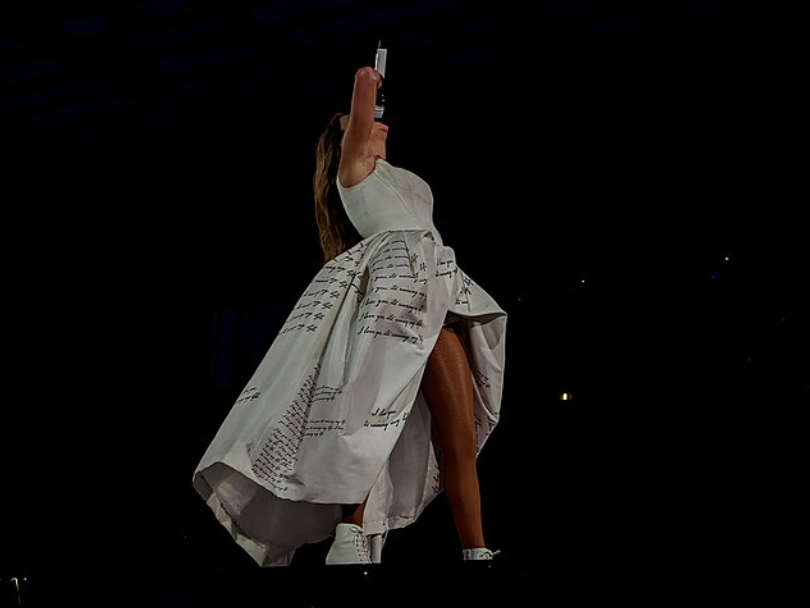


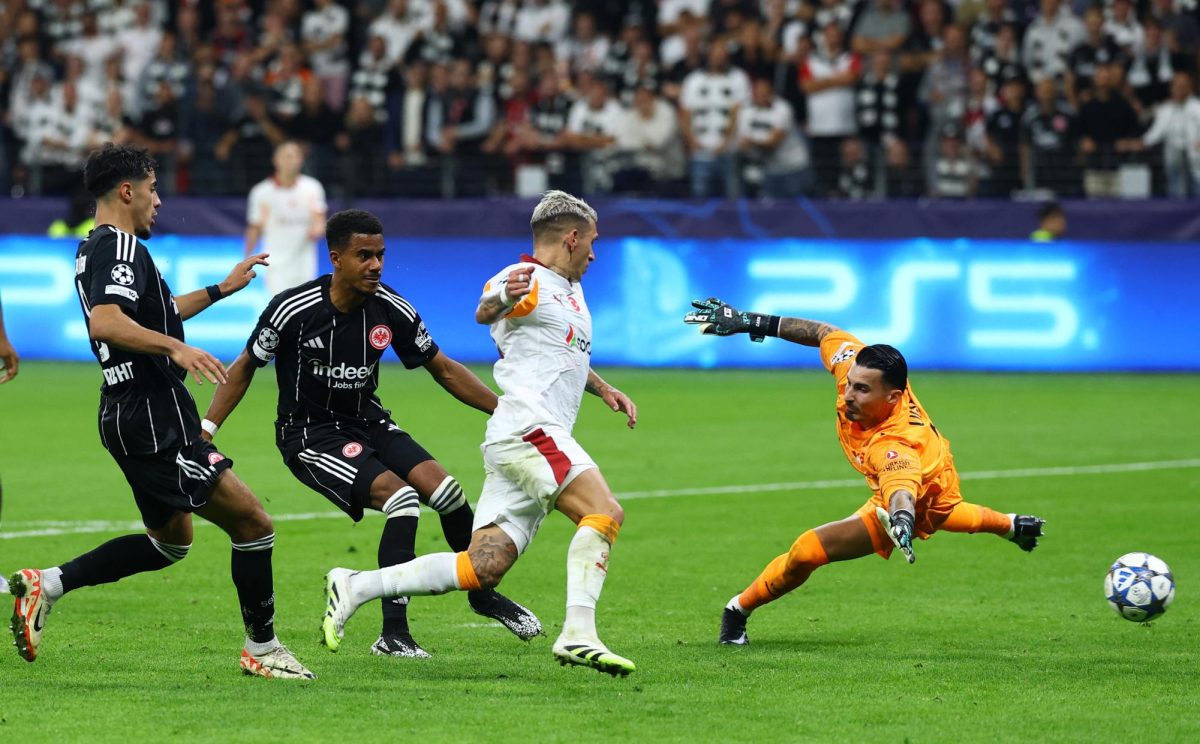




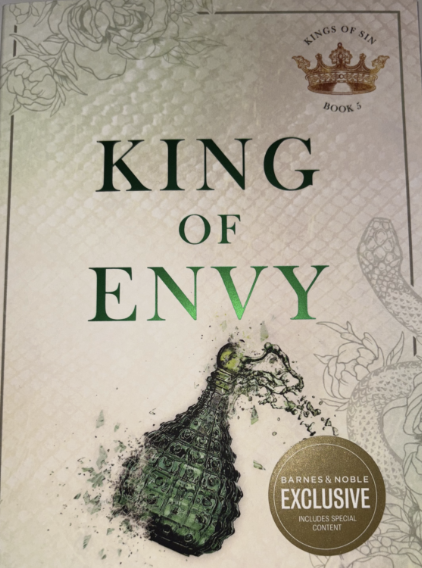





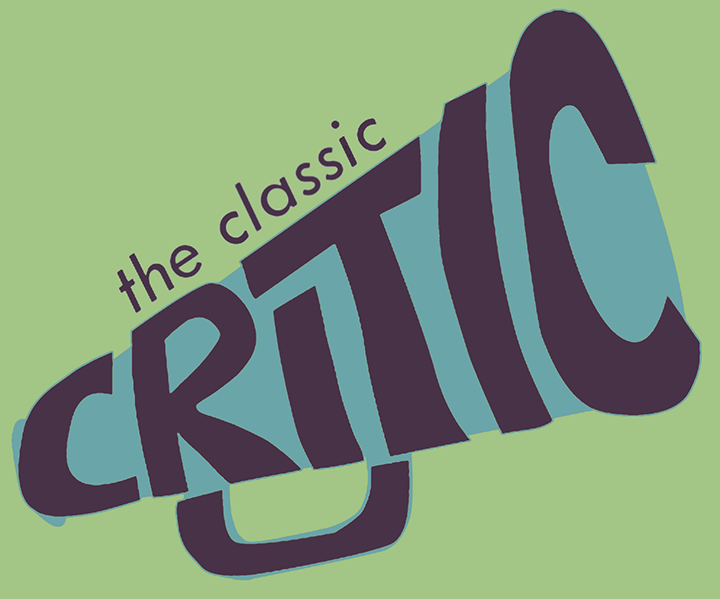
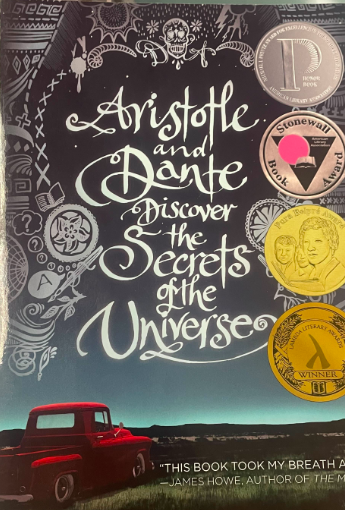
Michael • Apr 29, 2023 at 4:25 pm
I’m not sure we read the same novel. Or maybe your life experience didn’t let you relate to the time period and struggle of gay youth for the mid-80s. I can of age in the late 70s but didn’t admit to my queerness until I was 23. The internal struggle, while happening wasn’t obvious to me until, like Ari, someone pointed it out to me. I also think the events surrounding AIDS at that time were handled brilliantly by Sáenz. I wept many times relating to those whose various struggles in coping with loved ones dying of AIDS. Sorry you didn’t enjoy this book. For me, it’s one of the best books I’ve read in the past decade. Be well.